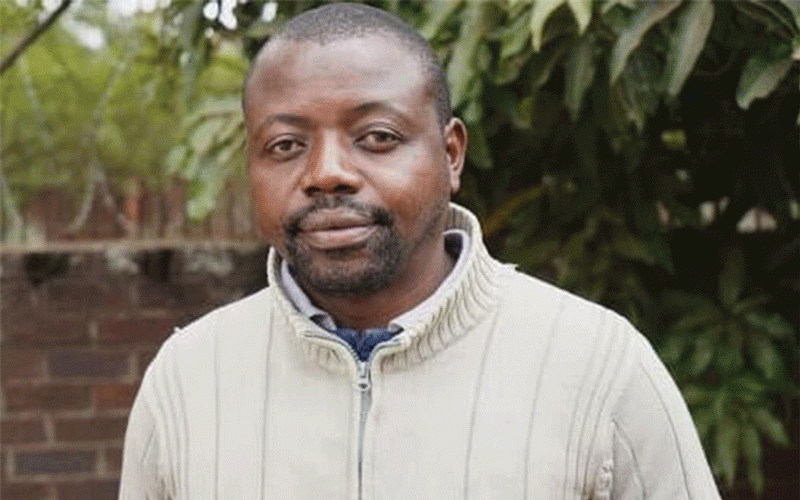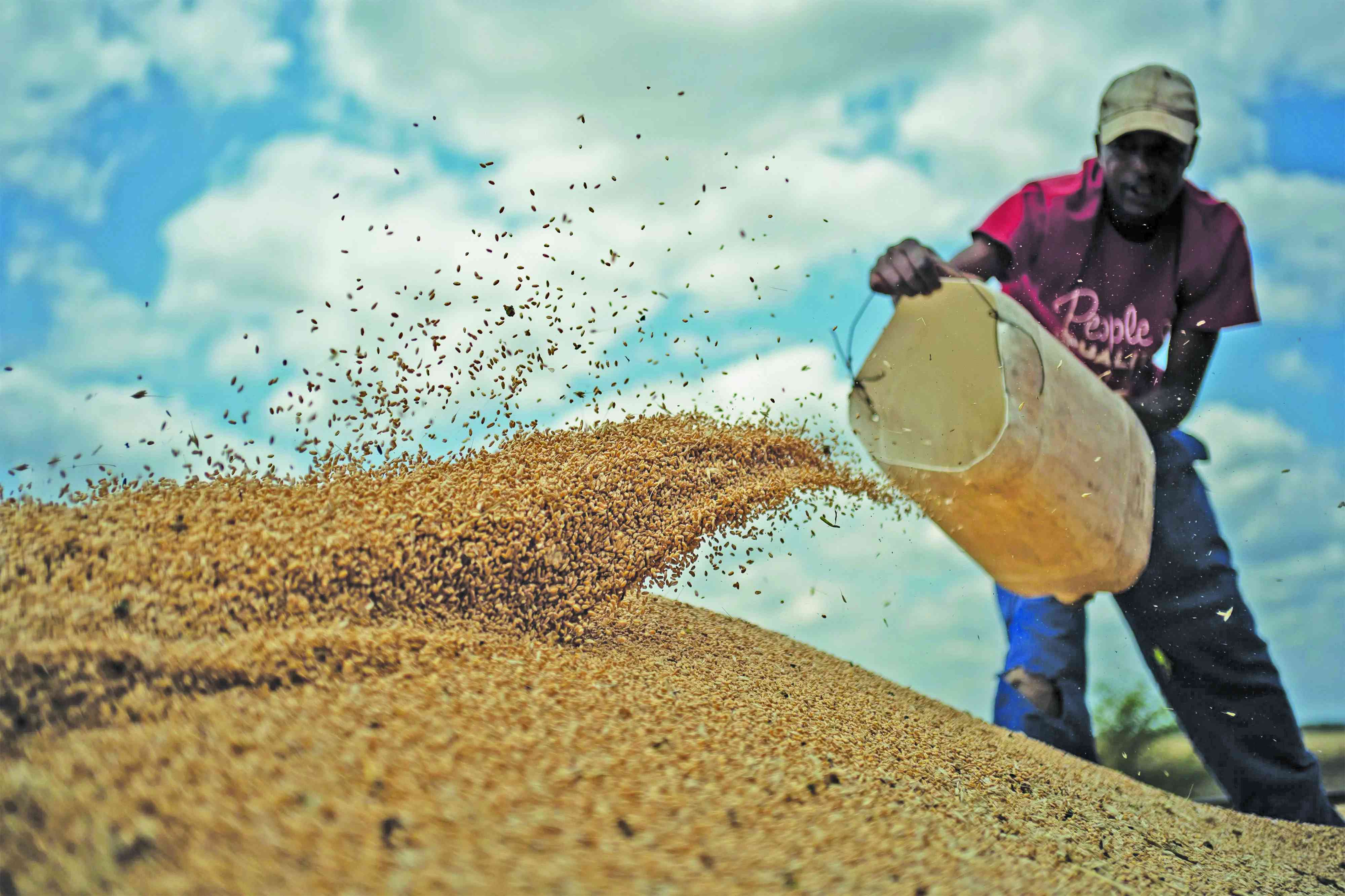
Greens last week showered praises on China, the world’s largest ivory market, accounting for an estimated 70% of global consumption, at least according to the International Fund for Animal Welfare.
Viewpoint with Wisdom Mdzungairi
This was after the Asian nation destroyed six tonnes of confiscated ivory last Monday, in an effort to combat illegal trade in elephant tusks. The seized ivory was fed into crushing machines in the southern city of Dongguan, in what was described as the first public destruction of ivory in China.
The destruction of ivory stockpiles across range, transit and demand states have also been seen in recent years in Philippines, Gabon, the US and Kenya.
It was indeed a significant step for the protection of jumbos in mostly Africa where it is thought poaching could lead to local extinctions if the present killing rates continue. Severe poaching is particularly acute in the Great Lakes region, where the estimated poaching rates are twice the continental average.
Soon after the stockpiles were ruined, environmentalists turned their eyes on Hong Kong — believed to have one of the world’s biggest stockpiles. Many of those who have followed this subject called to find out what I thought were the significance of China’s move.
Some questioned my commitment to conservation or climate and whether that will stop people from poaching.
But, first let me hasten to say, I believe in this country so much, I will do anything possible to protect the abundant wildlife resource. Zimbabwe is globally renowned for its past visionary approach to natural resource management.
- Chamisa under fire over US$120K donation
- Mavhunga puts DeMbare into Chibuku quarterfinals
- Pension funds bet on Cabora Bassa oilfields
- Councils defy govt fire tender directive
Keep Reading
It was actually the first African country to develop a noticeable alternative approach to the management of natural resources outside protected areas through the 1975 amendment of the Parks and Wildlife Act that granted appropriate authority over wildlife to individuals on private land.
This resulted in a proliferation of private game reserves and conservancies that occupied 10% of the country by 2000. The country is also home to the world’s iconic species — elephants holding the second highest numbers in Africa and rhino, with the fourth highest numbers.
So if Africa had an estimated 1,2 million elephants in Africa in 1980, but now has only about 420 000, isn’t that cause for concern?
The demand for ivory — carved into figurines, chopsticks, bracelets and other luxury items — has skyrocketed in Asian markets, most notably China, as more of the population accumulates wealth.
This, because there is widespread misinformation, leading many Chinese to believe that the item they are buying came from elephants that died of natural causes.
Poaching in Africa is mostly fuelled by poverty and conflict, and demand for ivory is increasingly being met by organised crime networks and militias.
The Hwange National Park ecological disaster that resulted in the country losing 115 elephants to cyanide poisoning by poor villagers in Tsholotsho bears testimony to poverty. The villagers challenged government to meet its side of the bargain admitting the whole community survived through poisoning jumbos and selling ivory to poaching syndicates for as little as $700.
It is a pity really to kill such a huge creature for a pittance simply because government has failed to sustain its pro-poor policies to benefit those living alongside the wildlife resource. Who can blame them — it’s because of poverty.
Is it not ironic that several Chinese, who have been arrested for illegally possessing ivory with evidence overwhelmingly against them, have had their court cases vanish into thin air?
Yet, it is reason for greens’ optimism when China moved this giant step forward by destroying illegal ivory. This shows international co-operation is paving the way towards improved law enforcement and increased efforts to reduce demand.
These efforts need to be stepped up and strengthened to produce the desired results. This creates critical public awareness by sending a clear message that wildlife crime is not tolerated.
Therefore, China’s actions, more than those of any other country, may have the potential to reverse the rising trends of elephant poaching and illegal ivory trafficking in the country, and Africa.
But in Zimbabwe and elsewhere where wildlife management authorities are chronically under-funded, poaching will continue to be a chronic, significant problem.
Conservationists can shout until their voices become throaty, yet their voices will pale into insignificance in comparison to the poaching and corruption.
Therefore, Zimbabwe needs to deal with the more long-term threat, which is the reduction of habitat available to elephants in the face of expanding human populations especially in the Zambezi Valley.
It is true that habitat loss isolates elephant populations, with ancient migratory routes cut off by human settlements as happened in Sanyati, Kariba, Tsholotsho, Hwange, Hurungwe; Dande; Binga and Mwenezi areas among others.
The challenge, however, is for authorities to ramp up efforts to protect not only the elephants, but other species. Most importantly, the Environment, Water and Climate ministry should focus on connecting, strengthening and supporting the great work of many partners — because by working together we can all achieve more.
Thus focusing on community-based conservation and work to find ways to ensure that nature conservation improves people’s lives by creating a financial incentive to protect wildlife and advance innovative projects that increase income for families and provide new livelihoods, including micro-enterprises for women.
Indeed, reducing poverty will reduce poaching.











